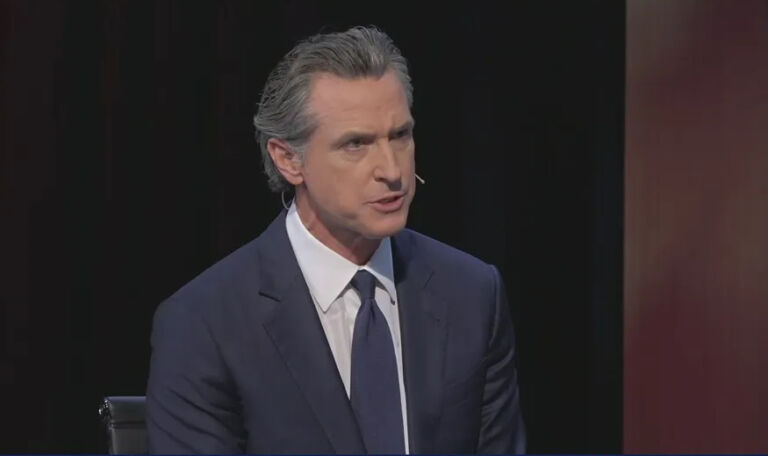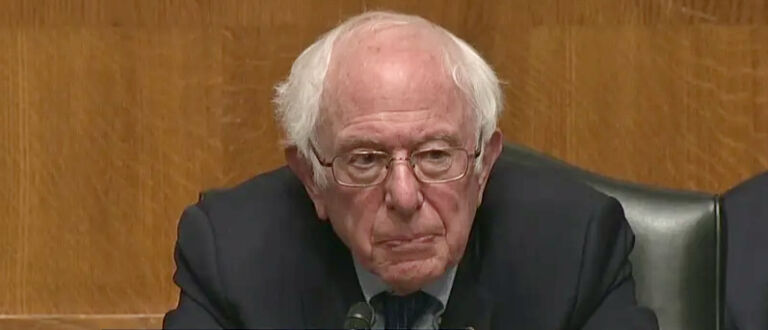The John Locke Foundation’s policy position on the minimum wage concludes with this recommendation:
Keep the state minimum wage no higher than the federal minimum wage. Create no greater harm to the poorest, least-skilled, and least-experienced workers in North Carolina.
As explained in the position paper, and as I show in a recent Spotlight paper on the subject, minimum wage hikes hurt the very people they’re supposed to help (that is the subtitle to the paper).
As I also make clear, minimum wage hikes don’t hurt everyone. It’s a tradeoff. Some workers will enjoy higher wages, but they will be the ones with more skills, more education, more soft skills, and other factors that employers consider make them more employable at higher wages.
The ones who get left behind, unemployable at the higher wage floor, will be the poorest, the least-skilled, the disadvantaged. This is a consistent finding in research. They’re basically cut off from the workforce.
A thing about this tradeoff: because it’s a law, it’s a tradeoff enforced by the police power of the state. It’s not a choice made by individual employers on whether to hire the most experienced applicant for a commensurate wage or take a chance on someone who needs experience and skills training, for a commensurate wage. The law says you have to pay the highly-experienced level wage or else.
New research published by the National Bureau of Economic Research on the minimum wage hikes in Seattle doesn’t overturn anything. Researchers found:
- Earnings were raised only by “an average of $8–$12 per week”
- The “entirety of these gains” went to workers with greater experience and skill
- One-fourth of that came from “experienced workers making up for lost hours in Seattle with work outside the city limits”
- Slightly less job turnover (down 8 percent)
- “Significant” reduction in people joining the workforce
As my colleague Joe Coletti summed it up,
Experienced workers in Seattle had their hours cut but were able to find work outside the city to offset their lost wages, less experienced workers had no gains, and those out of work were less likely to enter the workforce.
That’s an expensive policy tradeoff to force on people. It’s why I say that hiking the minimum wage breaks the very first rule of policies intended to help the poor:
Policies put forth to help the poor should actually work to help the poor.
For North Carolina, a state that values being over seeming, it’s not the sort of tradeoff we should want.

